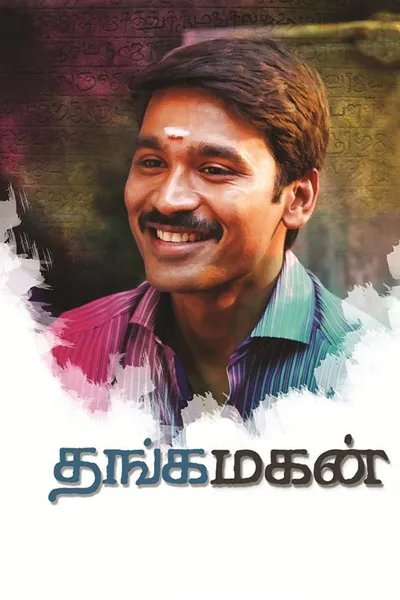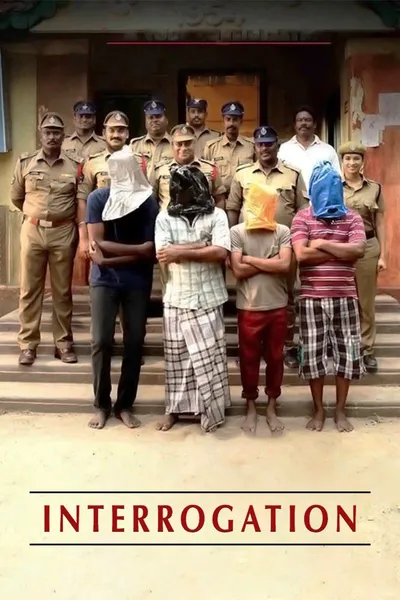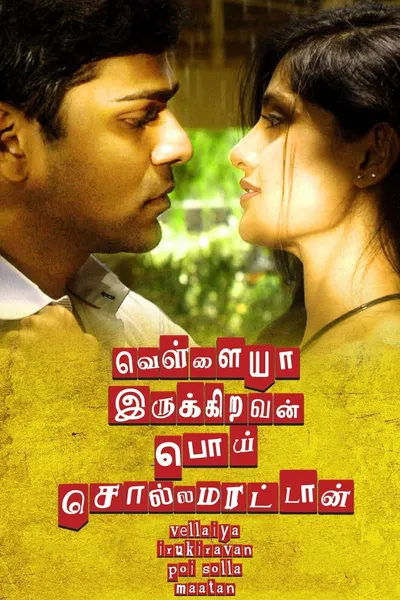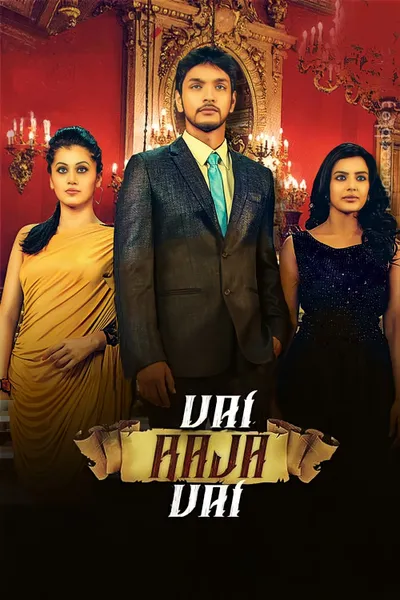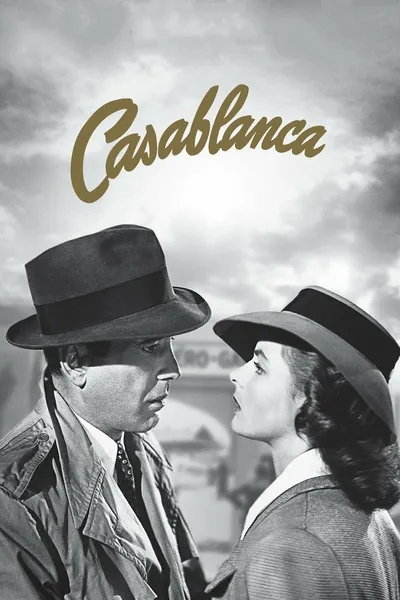Reviews
timesofindia
December 30, 20155.0
When the trailer of Thangamagan was released, it immediately brought to mind his " Velaiilla Pattadhari" (VIP) with its shot collage of domestic life and masala heroism. " Thangamagan" has all that but these moments feel like a watered down version of what we had seen in the previous film. The film plays on the middle-class male fantasy of young men wanting to be a caring son, a charming boyfriend, a loving husband, and a hero for the family. There is a scene where the protagonist Tamizh (Dhanush, playing the guy-next-door for the umpteenth time) and his friends are watching "7/G, Rainbow Colony" — a film that so successfully tapped into this fantasy — and the screen fills up with the words 'A film by Selvaraghavan'. It is Dhanush rightly acknowledging the influence of his brother. But the film lacks the edginess that characterizes Selvaraghavan's films and the naturalism of "VIP's" domestic scenes. The characters come across more as archetypes — hardworking father, loving mother, stunning girlfriend, demure wife, wisecracking friend and so on — and so, we care less for them. And, the sense of niceness that we see on screen feels less organic and more calculated.
But the film isn't a damp squib, either. The principal cast feels right in their roles. Ravikumar and Radikaa are pitch perfect, while even Amy, who is made to sing Tamizhukkum Amudhendru Paer (of all things), manages to pass muster. The scenes in the first half have a smooth rhythm. There is lightness in these scenes and despite the familiarity of the situations, the film keeps us engaged. Tamizh's break-up with Hema ( Amy Jackson), the Anglo-Indian girl whom he loves, and his honeymoon period with Yamuna ( Samantha), the girl he eventually marries, happen in the space of few minutes but the film is convincing in portraying the fact that the protagonist has moved on. Situations that could have become full-blown melodrama of the TV serial variety are treated with a restraint that is admirable. When Tamizh's father (Ravikumar) dies, the camera gradually slips out of the room as if to not intrude on the family's grief and the film even asks the same of the audience and breaks into the intermission.
However, the film lacks a potent conflict (we are instantly able to solve the mystery over missing cash that is the root cause of Tamizh's troubles) and that is why it begins to feel over-long, despite clocking in at just over two hours. And given that it exhausts the feel-good moments in the first half, the second half feels weak, with antagonists who are just not effective enough (it was the case in " VIP" and "Maari" as well) and unimaginative stunts. These scenes, intended as masala moments, feel forced and completely out of place. The emptiness in these portions is why we leave the theatre with a feeling of dissatisfaction.
Recommendation Movies
Neerja2016
Visaranai2016
Vellaiya Irukiravan Poi Solla Maatan2015
Vai Raja Vai2015
Coach Carter2005
The Dark Knight2008
The Avengers2012
Joker2019
Punch-Drunk Love2002
Captain America: The Winter Soldier2014
The Witch2016
Oppenheimer2023
The Shawshank Redemption1994
Casablanca1943
The Intouchables2011
Mad Max: Fury Road2015
Son of a Gun2014
Arrival2016
Antichrist2009
Now You See Me2013
© 2025 MoovieTime. All rights reserved.Made with Nuxt
